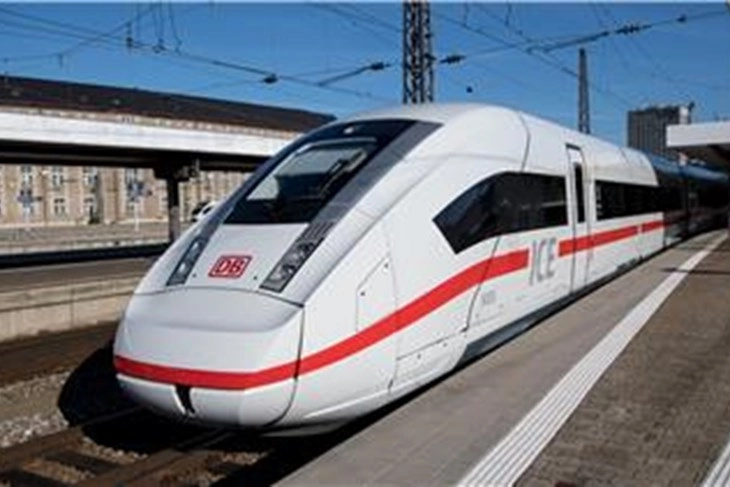Germany’s rail network faces yet another disruption as the fourth strike at Deutsche Bahn this year is set to commence, impacting travelers and commuters.
The train drivers’ union GDL has urged its members to initiate the strike starting Thursday evening at 10:00 pm (2100 GMT), with operations resuming 24 hours later, on Friday evening at 10:00 pm. Disruptions are expected even before the strike starts and will likely linger afterward, affecting services under an emergency timetable with significantly reduced schedules.
This strike not only affects Deutsche Bahn but also involves employees from various entities like S-Bahn suburban rail companies in Berlin and Hamburg, as well as Transdev, AKN, City-Bahn Chemnitz, and other railway companies.
Simultaneously, a freight transport strike is scheduled to commence on Thursday evening at 6:00 pm.
The GDL’s primary objective is to intensify pressure during ongoing collective bargaining negotiations, seeking reduced working hours for shift workers. The union’s discontent stems from what they perceive as employers’ reluctance to acknowledge and appreciate the workforce adequately.
Despite this disruption, the union assured passengers of no further strikes during the busy holiday season.
GDL boss Claus Weselsky emphasized that after this strike, no further industrial action would occur until the ballots and counts scheduled for December 19, ensuring a respite at least until the first week of January.
However, Deutsche Bahn criticized the GDL’s timing, particularly disrupting the second Advent weekend for numerous unaffected individuals. Martin Seiler, a member of the Deutsche Bahn Executive Board for Human Resources, condemned the strike’s proximity to the timetable change and winter’s onset, calling the demands unrealistic and the strike unnecessary.
This ongoing clash between unions and Deutsche Bahn follows earlier strikes by the GDL and the larger railway and transport union (EVG) in November, March, and April, underscoring the intensity of the current collective bargaining negotiations for train drivers.






Comments are closed for this post.